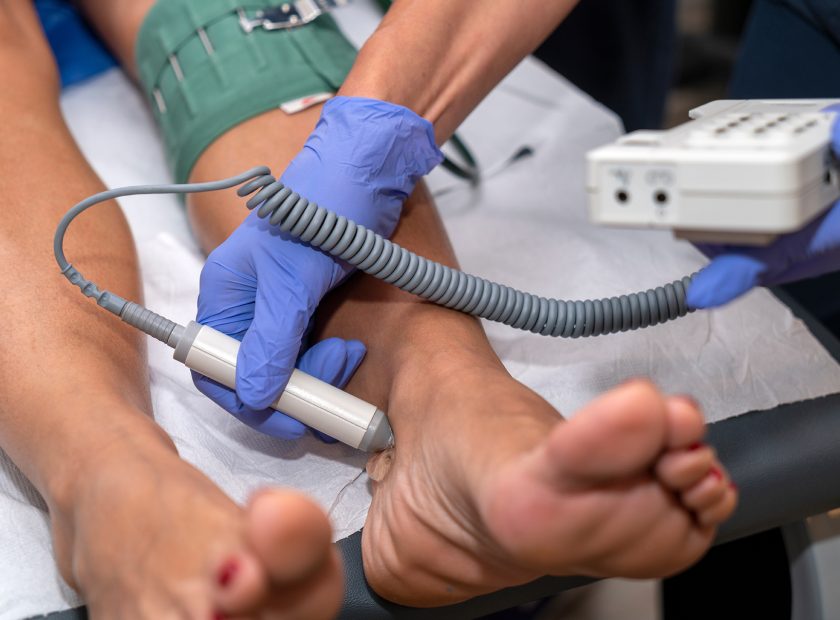The Ultimate Abdomen Ultrasound Scan FAQ
Are you scheduled for an abdomen ultrasound scan? Or perhaps you’re curious about what it entails? In this ultimate FAQ guide, we’ll explore everything you need to know about abdomen ultrasound scans. From the procedure itself to the conditions it can help diagnose, we’ve got you covered. So, let’s dive in and demystify the world of abdomen ultrasound scans!
What is an Abdomen Ultrasound Scan?
An abdomen ultrasound scan, also known as a sonography, is a non-invasive medical procedure that uses sound waves to create images of the organs within your abdominal area. These sound waves bounce off the internal structures and create real-time images, allowing healthcare professionals to examine your organs and identify any abnormalities.
What Does an Abdomen Ultrasound Scan Diagnose?
Abdomen ultrasound scans serve as a valuable tool in diagnosing various medical conditions and evaluating your organ health. Here are some of the conditions an abdomen ultrasound scan can help detect:
-
Liver Diseases: By assessing the liver’s size, texture, and blood flow, ultrasound scans can identify liver diseases such as fatty liver, cirrhosis, and hepatitis.
-
Gallbladder and Biliary Tract Disorders: Ultrasound scans can detect gallstones, inflammation of the gallbladder (cholecystitis), or blockages in the biliary tract.
-
Kidney and Bladder Abnormalities: Abdomen ultrasound scans check for kidney stones, cysts, tumors, or obstructions in the urinary tract.
-
Pancreatic Issues: Ultrasound scans assist in visualizing abnormalities in the pancreas, including tumors, cysts, or pancreatitis.
-
Digestive Disorders: Ultrasound scans can reveal conditions such as appendicitis, diverticulitis, or bowel obstructions.
-
Abdominal Masses: If your healthcare provider identifies an abdominal mass during a physical examination, an ultrasound scan can help determine its nature and guide further diagnoses or treatments.
Procedure and Preparation
Getting ready for an abdomen ultrasound scan is relatively simple. Here’s what you can expect:
-
Fasting: Typically, you’ll be asked to fast for at least 8 hours before the procedure. This ensures clear imaging of your abdominal organs.
-
Clothing: Wear comfortable, loose-fitting clothing that can be easily pushed up or down to expose your abdomen.
-
Gel Application: During the scan, a sonographer will apply a clear gel to your abdomen. This gel helps the ultrasound probe make contact with your skin and eliminates air pockets that can interfere with imaging.
-
The Scan: You’ll lie on an examination table, and the sonographer will move a handheld device called a transducer over your abdomen. The transducer emits sound waves and captures the echoes to create images on a monitor.
-
Duration: The procedure usually lasts around 30 minutes, depending on the complexity of the scan.
Benefits and Risks
Abdomen ultrasound scans offer numerous benefits:
-
Non-invasive: Unlike other imaging techniques, such as CT scans or MRIs, ultrasound scans do not involve radiation or injections.
-
Quick Results: The real-time imaging nature of ultrasound scans provides immediate results, allowing healthcare professionals to assess your condition promptly.
-
Cost-Effective: Compared to other imaging techniques, ultrasound scans are generally more affordable.
As for risks, ultrasound scans are considered safe and carry minimal risks. The procedure uses harmless sound waves, ensuring the absence of radiation-related dangers.
Conclusion
In conclusion, an abdomen ultrasound scan is a valuable diagnostic tool used to assess the health of your abdominal organs. From liver diseases to digestive disorders, ultrasound scans can provide crucial insights into your well-being. Remember, if you’re experiencing any abdominal symptoms or are concerned about your organ health, consult with a healthcare professional who can determine if an abdomen ultrasound scan is necessary.





